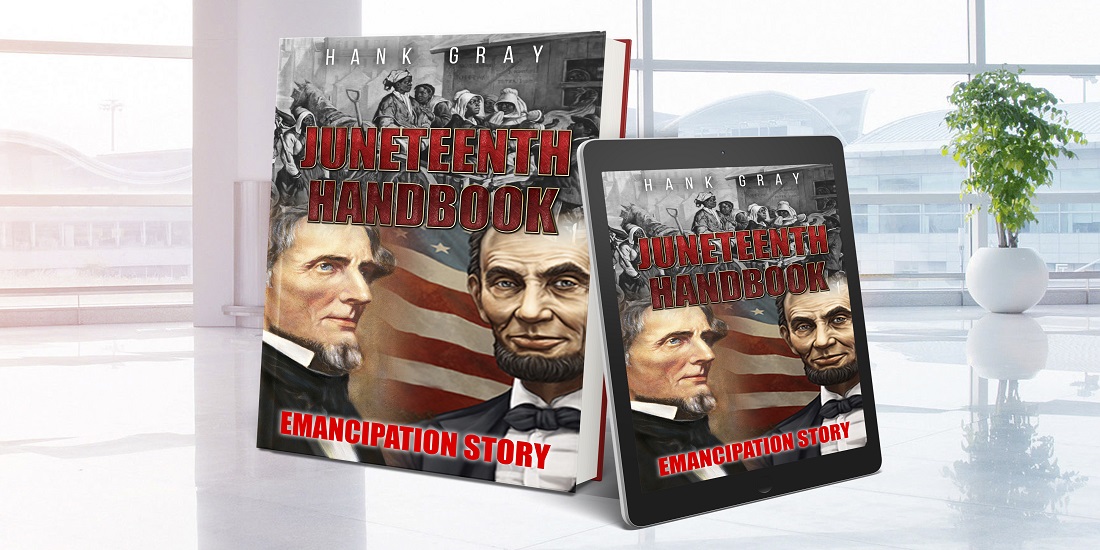Monday, November 29, 2021
The way black history is colored
 The All that Zazz Blog shares information, tips, and insights on superheroes and other greeting cards for office or home parties and celebrations that are provided by my affiliate Zazzle.
The All that Zazz Blog shares information, tips, and insights on superheroes and other greeting cards for office or home parties and celebrations that are provided by my affiliate Zazzle.
Monday, November 1, 2021
African Civilization older than European civilization.
It boggles my mind that there are those who would resist teaching American History in American classrooms where it relates to slavery, that resistance made me realize that most of my growing up years I was privy to more information about what African American people couldn't do than could. Even if history is not always written by the victorious it should still be accurate. A society that cannot learn from its own mistakes must surely not be teaching its own true history.
School-age generations of children should know about the dark days of slavery in the United States and the rest of the world. It would have been helpful for me when I was in grade school to know about all of the white people, working alongside black abolitionists to build a resistance movement that would eventually topple slavery's empire in the U.S., and to know about black union soldiers fighting for their own freedom and ours.
I do know that the study of African American History when I was in school would have been one of my favorite subjects. Instead, most of my real learning about African American History came just before I graduated college and into my adult life. I remember thinking that if people are writing that Africa is the birthplace of mankind shouldn't it be obvious that following the history from Africa into Europe would be the logical progression of the historical scholars?
When I was a kid all of the heroes from Africa (like Tarzan) were white, watching movies like the Ten Commandments showed me that all of the Egyptian people were white with very dark makeup tans. There were some black and white people in that movie who were slaves. When I was a boxer, as a kid, at the local gym in Hunters Point, I remember asking my trainer, retired boxer Hard Punchin' Herman Henry, why there were no black quarterbacks in the NFL? I didn't even consider a black coach, back then. He told me "eventually there will be black quarterbacks and when that happened every NFL team would want one."
I realized that like the movie business, the NFL also colored things the way it wanted to see things. I'm sure Cecil B. DeMille didn't see Harry Belafonte, James Earl Jones, or Sidney Poitier as lead material for his classic movie production but I would surely have had the above black actors read for one of the roles:-) Slavery was replaced by racism and the lack of opportunities institutional racism provided for African Americans extended even to the NFL back in the late 60s early 70s. Replace the word black with good and I realize what my Parks and Recreation mentor was saying to me. All NFL teams want a good quarterback no matter what their skin color.
The good news is that over time like the turbulent days of the 1960s things started to change in the movie business for African Americans and even in the NFL. Nowadays there are black actors in leading Hollywood roles, black quarterbacks, and coaches so my hope is that there will also be black history classes in schools so that Africa's true history can be learned. History that unravels the lies, half-truths, and misconceptions of the African colonizers so that Africa's true history up to and including the Atlantic Slave Trade can be a part of the ongoing teaching of American History in American schools.
 The All that Zazz Blog shares information, tips, and insights on superheroes and other greeting cards for office or home parties and celebrations that are provided by my affiliate Zazzle.
The All that Zazz Blog shares information, tips, and insights on superheroes and other greeting cards for office or home parties and celebrations that are provided by my affiliate Zazzle.



